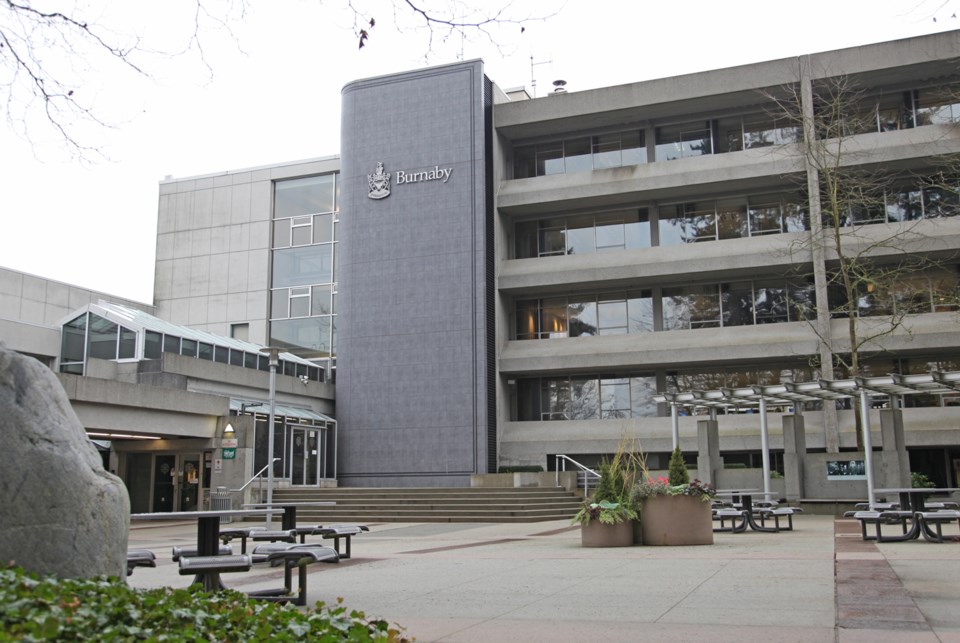In 2012, the City of Burnaby predicted that 2013 would be a hard on its investment portfolio, but despite the low annual yields the city did marginally better than last year.
By Dec. 31, 2013, the city's cash and investments totaled more than $679 million, up from $610 million at 2012's year-end total.
"A portion of the portfolio's investments is held in money market instruments until cash is required for expenditures, as such the city's investment fund is directly impacted by any movement in short-term interest rates during the year, particularly from July onward, when the investment fund reached a high of over $1 billion upon receipt of tax revenue and then decreased to approximately $600 million in May," Denise Jorgenson, finance director, states in her report.
Generally, last year saw low annual yields, as the Bank of Canada's bank rate opened and closed around 1.25 per cent.
The city's investment strategy generated a $38.3 million return on investment, which was more than the $36.6 million Jorgenson forecasted last year. In 2012, the city's return was $37.7 million.
According to the report, the city has $558 million wrapped up in long-term investments (one year or more).
For 2014, the city is projecting a lower annual yield and $36.5 million for investment income - $7 million of this is forecasted in the operating budget, while the rest will be distributed to reserve funds.
RBC Capital Markets, TD Securities and CIBC-Wood Gundy were the city's lead investment bankers. The city invested with Vancouver City Savings Credit Union, Coast Capital Savings, Gulf & Fraser Credit Union and North Shore Credit Union in B.C., among others.
"In 2013, central banks maintained a low interest rate environment and other economic stimulus measures to encourage continued economic growth," Jorgenson states. "While there are many positive signs in the global market, economic indicators continue to provide a mixed picture heading into 2014."



